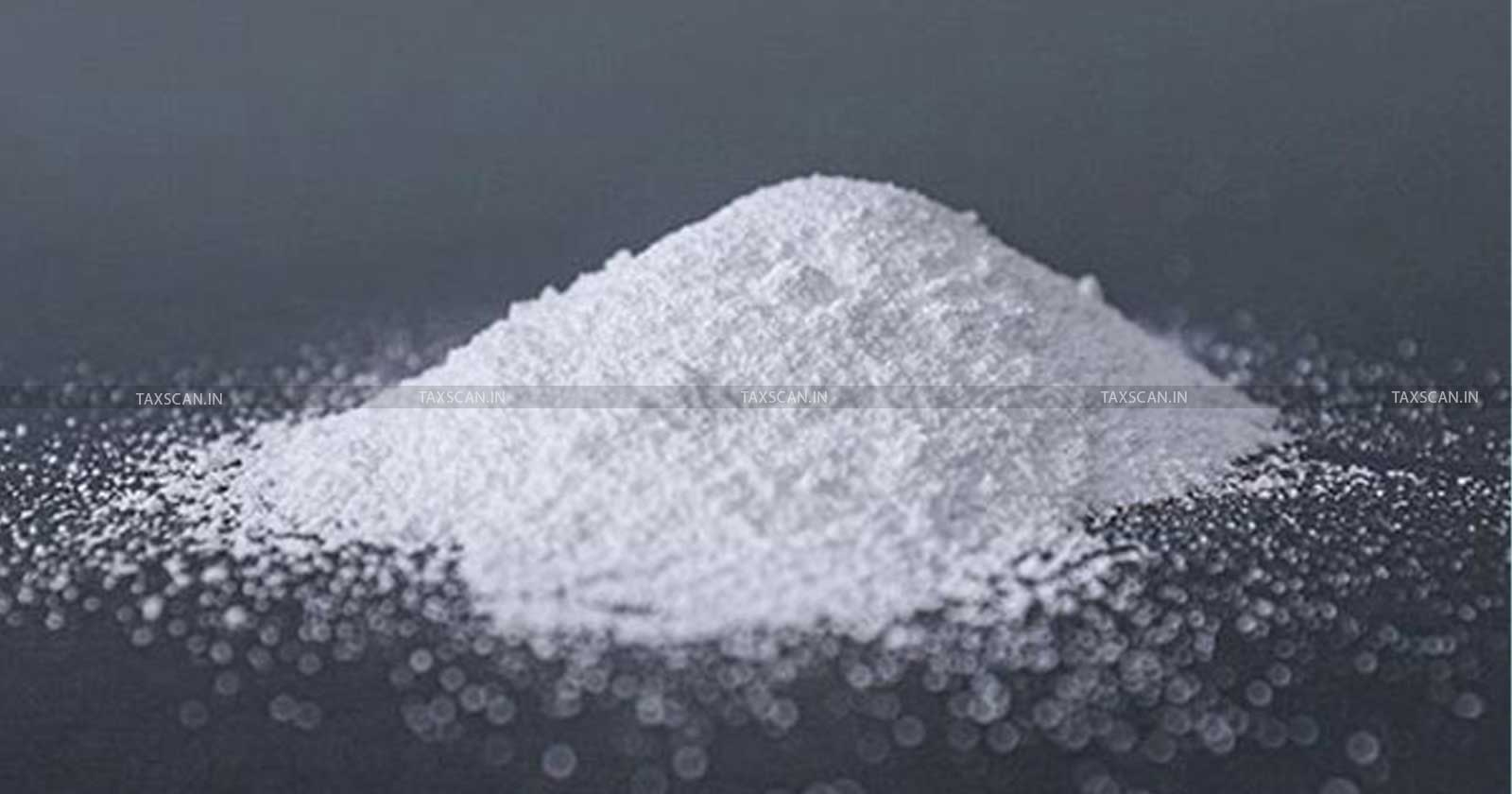CESTAT Sets Aside ₹55 Cr Penalty: No Customs Violation as Overvaluation Led to Higher Duty [Read Order]
The Bench ruled that the declared assessable value of the imported goods did not warrant interference, and the goods in question could not be treated as ‘prohibited’ under the applicable notification
![CESTAT Sets Aside ₹55 Cr Penalty: No Customs Violation as Overvaluation Led to Higher Duty [Read Order] CESTAT Sets Aside ₹55 Cr Penalty: No Customs Violation as Overvaluation Led to Higher Duty [Read Order]](https://images.taxscan.in/h-upload/2025/06/20/2051022-cestat-chennaicestat-penalty-custom-duty-taxscan.webp)
The Chennai Bench of the Customs, Excise and Service Tax Appellate Tribunal (CESTAT) in its recent ruling, set aside penalties totaling ₹55 crore and vitiated the Revenue’s attempt to re-determine value of goods imposed on multiple appellants in connection with imports of Black Pepper.
The appellant Sindhu Lakshmi Impex, a partnership firm along with its partners Saravanan Palaniappan and Malav Rajen Shah engaged in the import of Black Pepper from Sri Lanka, challenged a notice issued by the Commissioner of Customs.
Through the notice in question the department had rejected the declared transaction value of the black pepper imports and imposed substantial penalties under Rule 3(1) and Rule 9 of the Customs Valuation (Determination of Value of Imported Goods) Rules, 2007 read with Section 14 of the Customs Act, 1962.
Tax Planning For NRIs - Click Here
According to the order, the appellant imported black pepper from its related entity in Sri Lanka with the intention to circumvent the Minimum Import Price (MIP) prescribed by the Directorate General of Foreign Trade (DGFT) Notification, which states that the import of black pepper is prohibited if the Cost, Insurance, and Freight (CIF) value is below ₹500 per kg.
The department further claimed that the appellant had imported black pepper exclusively from a related party and declared a per unit cost to Customs that was much higher than the actual transaction price.
 Also Read:DGFT Imposes Minimum Import Price (MIP) for Soda Ash Under ITC Chapter 28 [Read Notification]
Also Read:DGFT Imposes Minimum Import Price (MIP) for Soda Ash Under ITC Chapter 28 [Read Notification]
This overvaluation was proved by showing evidence of the imported black pepper being sold at lower prices to unrelated entities in India, for which the invoices were also produced. The Commissioner concluded that this overvaluation was done to circumvent the MIP subsequently making the import improper and rendering the black pepper "prohibited" under the DGFT Notification.
The appellants argued that the imports were properly assessed by the customs officer at the time of filing, with all relevant costs included in the declared value. Further relying on the Supreme Court's ruling in ITC Limited v. Commissioner of Central Excise 2019, the appellant submitted that the refund claim for assessed customs duty cannot be entertained unless the assessment order including self-assessment is first challenged and modified in appeal.
It was further submitted that even if overvaluation was present the custom duty and Integrated Goods and Services Tax (IGST) was paid higher in amount, so there was no loss to the exchequer.
The appellants further maintained that the resale prices in India were influenced by business factors and not a valid basis for rejecting the declared import value. The DGFT Notification only set a condition for imports, which was met because the CIF value was above the required limit, so the goods could not be called “prohibited”
How to Audit Public Charitable Trusts under the Income Tax Act Click Here
 Also Read:DGFT Prohibits Free Import of Screws of CIF Value under Rs. 129 Per Kg; Notification Out [Read Notification]
Also Read:DGFT Prohibits Free Import of Screws of CIF Value under Rs. 129 Per Kg; Notification Out [Read Notification]
The Bench comprising P. Dinesha (Member Judicial) and M. Ajit Kumar (Member Technical) held that the declared assessable value of the goods did not warrant any interference, much less any re-determination.
The Tribunal emphasized that the Commissioner failed to proceed sequentially in accordance with Rules 4 to 9 of the Customs Valuation Rules, as required when rejecting the declared value and that the DGFT Notification imposed only a conditional and not an absolute prohibition. Since the imports met the CIF value threshold, the goods could not be considered “prohibited.
The Tribunal further observed that even if overvaluation was assumed, it resulted in higher payment of customs duty and IGST whereby there is no loss to the exchequer. There was no concrete evidence of manipulation or fraud, and the rejection of the transaction value was based mainly on the related party nature of the transaction.
Accordingly, the appeals were allowed.
The appellants were represented by A. Ashwini Kumar and Hari Radhakrishnan, while the Department was represented by Anoop Singh and Harendra Singh Pal.
Support our journalism by subscribing to Taxscan premium. Follow us on Telegram for quick updates

